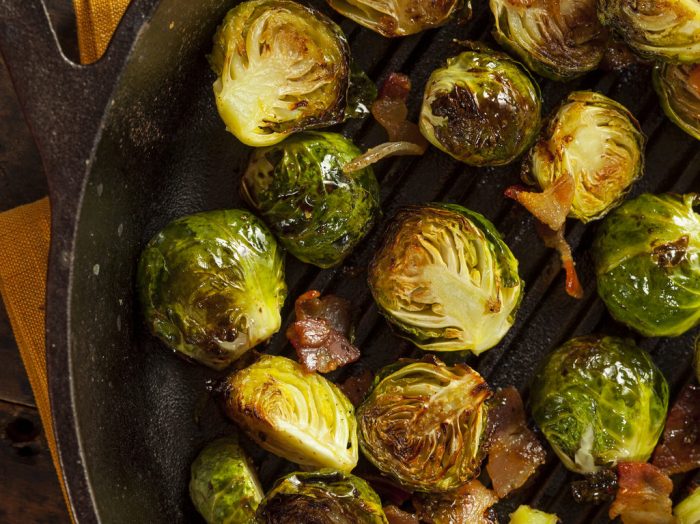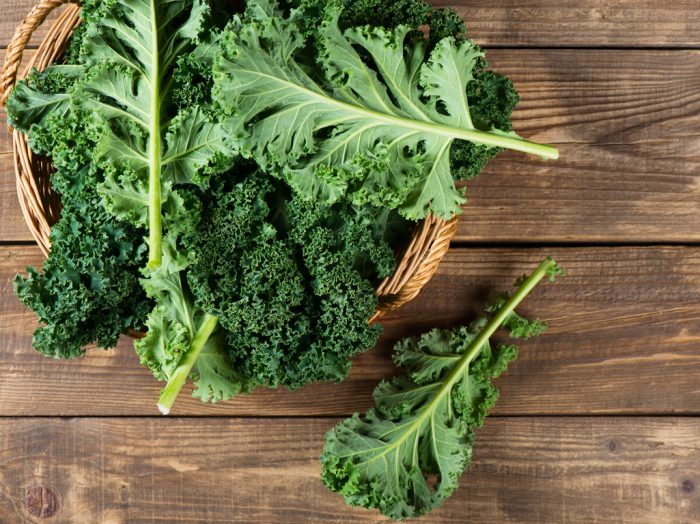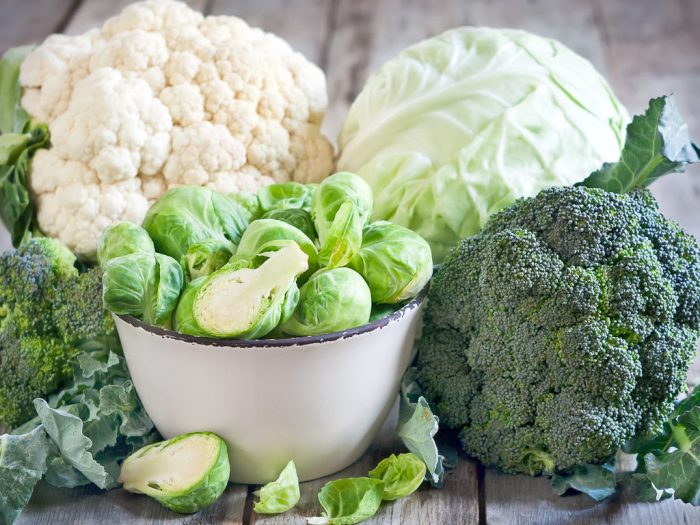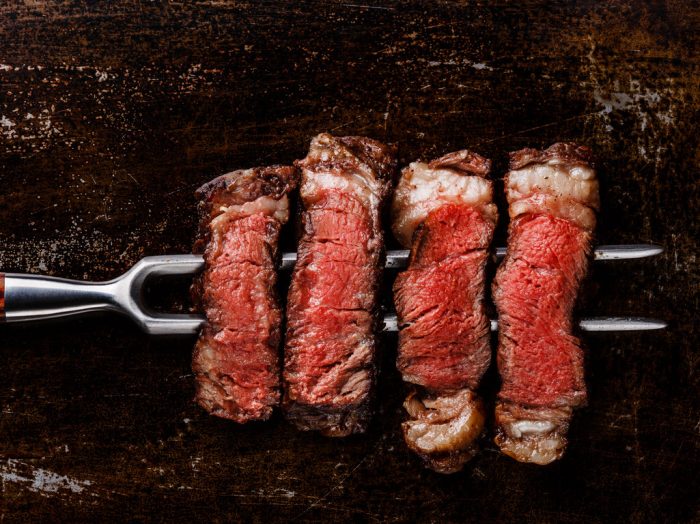Cruciferous vegetables have an excellent reputation, and it’s not for nothing! Broccoli, cauliflower, Brussels sprouts, kale, cabbage, and bok choy seem to have everything you need! And they fight cancer too!
Are you maybe tired of hearing about superfoods? And how kale is perfect for you, broccoli does this and that, and you should use more Brussels sprouts in your meals? Well, we’re here to tell you they’re all true! Broccoli, cauliflower, Brussels sprouts, kale, cabbage, and bok choy are, all together, called cruciferous vegetables and they’re the real nutritional deal.
They have it all: vitamins, fiber, minerals, and phytochemicals that fight diseases, that is how they’ve earned their reputation.

Do cruciferous vegetables fight cancer?
Health agencies recommend that we eat several servings per week of cruciferous vegetables. And yes, a lot of their components are a significant ally to have against cancer.
A review of multiple studies published in 1996 in the Journal of American Dietetic Association shows that 70% of the research found a link between cruciferous vegetables and protection against cancer.
Various components are pretty useful in the big fight against the disease. Diets high in cruciferous vegetables are linked to lower rates of prostate cancer. They also can stop the growth of cancerous cells in the breast, uterine lining, lung, colon, liver, and cervix.
It’s a lot about phytochemicals
Which means plant chemicals. One of them, sulforaphane, can stimulate enzymes in the body that detoxify carcinogens before they get to damage any cells.
Two other compounds common in the cruciferous squad are superheroes: indole 3-carbinol and crambene. They also use their powers for the activation of detoxification enzymes.
With their powers combined, indole 3-carbinol and crambene seem to be even more efficient, according to a study conducted at the University of Illinois.

Less oxidative stress
Your body sometimes generates harmful molecules called oxygen-free radicals. When they band together, the tiny villains can overload your organism and lead to something called oxidative stress. But the cruciferous gang can reduce this process.
The National Cancer Institute funded a study in which the participants were encouraged to eat 1 to 2 cups of cruciferous vegetables a day. After only three weeks, oxidative stress in the subjects’ bodies dropped 22% during that period.
Which cruciferous should you choose?
Kale is the richest in vitamin A, while broccoli is a champion of vitamin C levels. Brussels sprouts and broccoli share the gold medal when it comes to high folic acid doses, but also healthy plant omega-3s. Moreover, Brussels sprouts have the most vitamin E, about 9% of the daily recommended intake.
So make your cruciferous platter, to taste and needs. Don’t overcook them, because they will become unappealing and will produce a pungent sulfur odor. Add them to your salads, soups, stews, and casseroles. We have some special ideas for you!






